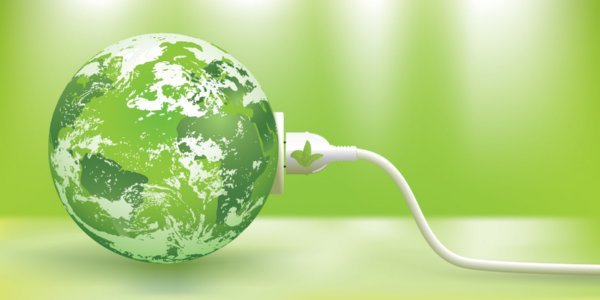Efficiencies from smart grids could be EU’s shale gas revolution
Written by Mark Sait
Posted on April 8, 2015
Smart grids can transform the European energy market, delivering benefits similar to the shale gas revolution in the US, according to EU officials.

Shale gas, while controversial, has helped to cut energy prices in the US and reduce the country’s dependence on imported fuels. That has in turn given a big boost to the economy, while also benefitting domestic consumers.
The beauty of smart grids is that they are better suited to maximising the integration of renewable energy sources like wind and solar into the EU’s electricity networks than current systems, many of which have been starved of funding over the long years of economic downturn.
Focus on efficiency at the pan-European network level reflects the acceptance that smart ways to reduce consumption and manage demand are essential to meet carbon reduction targets while maintaining robust economies and standards of life.
The need for energy efficiency runs throughout the energy production, distribution and consumption processes – and there are smart ways to cut consumption while balancing quality of life on the consumer side. It’s pretty simple to make big inroads into energy use, both in business and households, through proven technology like LED lighting, with 85% savings and water-saving products that also cut energy use, like eco showers, eco taps and tap aerators.
Single energy market
At a recent Brussels conference, Maros Sefcovic, European Commission Vice President said that “smart grids should become Europe’s shale gas” and were essential to the EU’s ambitious plan for a single energy market.
Smart grids would provide a significant part of the solution to the EU’s energy trilemma – the need to reduce energy from fossil fuel, boost security of supply and reduce pressures on prices.
The emphasis efficiency at the grid level is a core part of the European Commission’s strategy to revolutionise the energy markets and establish the EU as the world leader in renewables.
According to EU data, around a quarter of EU electricity is generated by renewable sources but there are current challenges to efficient integration and distribution across the networks. With smart grids in place, the infrastructure capacity necessary to meet energy demands can be reduced by nearly a third, delivering massive savings.
The flexibility provided by smart grids should help to ensure that by 2030, around half of the EU’s energy needs are served by renewables.
Demand management
The European Commission believes that smart grid development will enable the low and medium power networks to be more efficient, provided that they deploy associated power storage and demand management solutions.
Along with this, the network operators would need to help customers change the way they consume power, becoming more flexible and adapting their usage in a new environment where frequent price fluctuations are the norm.
That entails the introduction of smart meters, which would help business and domestic consumers respond more fluidly to energy availability on the grids as well as prices that might change hour by hour.
In the UK, the national smart meter programme looks likely to be delayed and is under fire from business organisations like the Institute of Directors over scope and costs of the scheme.
Whatever the current issues with strategy, it seems that smart metering would be an essential element if the UK is to benefit from the single energy market and smart grids.
The European Commission is also keen to see the increased adoption of smart appliances that automatically respond to energy pricing and availability signals from the grids, and shutting down for brief periods.
Smart grids will come at a cost, with the EU currently estimating a budget of 400 billion Euros over the next five years, with funds sourced from both public sources and private finance. Much of that budgeting detail has already been planned, which should minimise delays in rollout.
And speedy adoption of energy-efficient technology means quicker return on investment, a factor we see playing out visibly when our customers implement energy saving and water efficiency solutions.